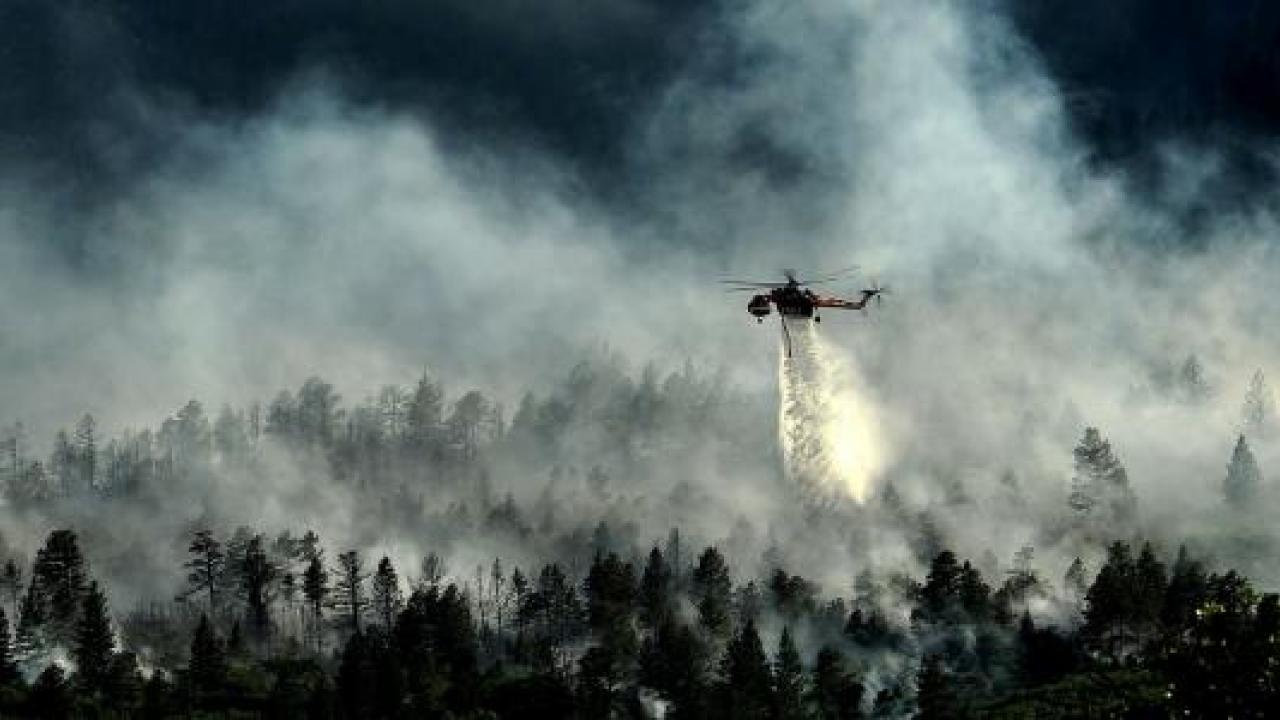Is there a psychological danger of defending one’s home during a wildfire?
As more people are staying and defending their homes during wildfires this becomes an urgent question to answer.
How does community health suffer when the surrounding forest is damaged?
Residents told us they were “grieving for the forest”. This is captured by the idea of solastalgia, meaning loss of solace, which is the distress caused when the landscape is negatively transformed and stripped of its capacity to provide solace. Landscape changes brought by climate change and accompanying disasters may be an important future source of distress.
Are permanent residents more vulnerable to the health effects of a fire compared to seasonal residents?
In many communities in fire prone areas, socio-economically advantaged populations who reside seasonally or have second homes in the area live side-by-side with permanent residents, or “locals”, who maybe less advantaged as a group and derive their income from the tourism and recreation that the wildland-urban interface provides. Permanent residents may be at greater risk of harm because they are more likely to be dependent on the local economy that may be adversely impacted, and may have less access to high quality health care, especially mental health, compared to seasonal residents.
We will use what we learn to develop innovative community recovery programs that wed forest management, public health and community psychology.



